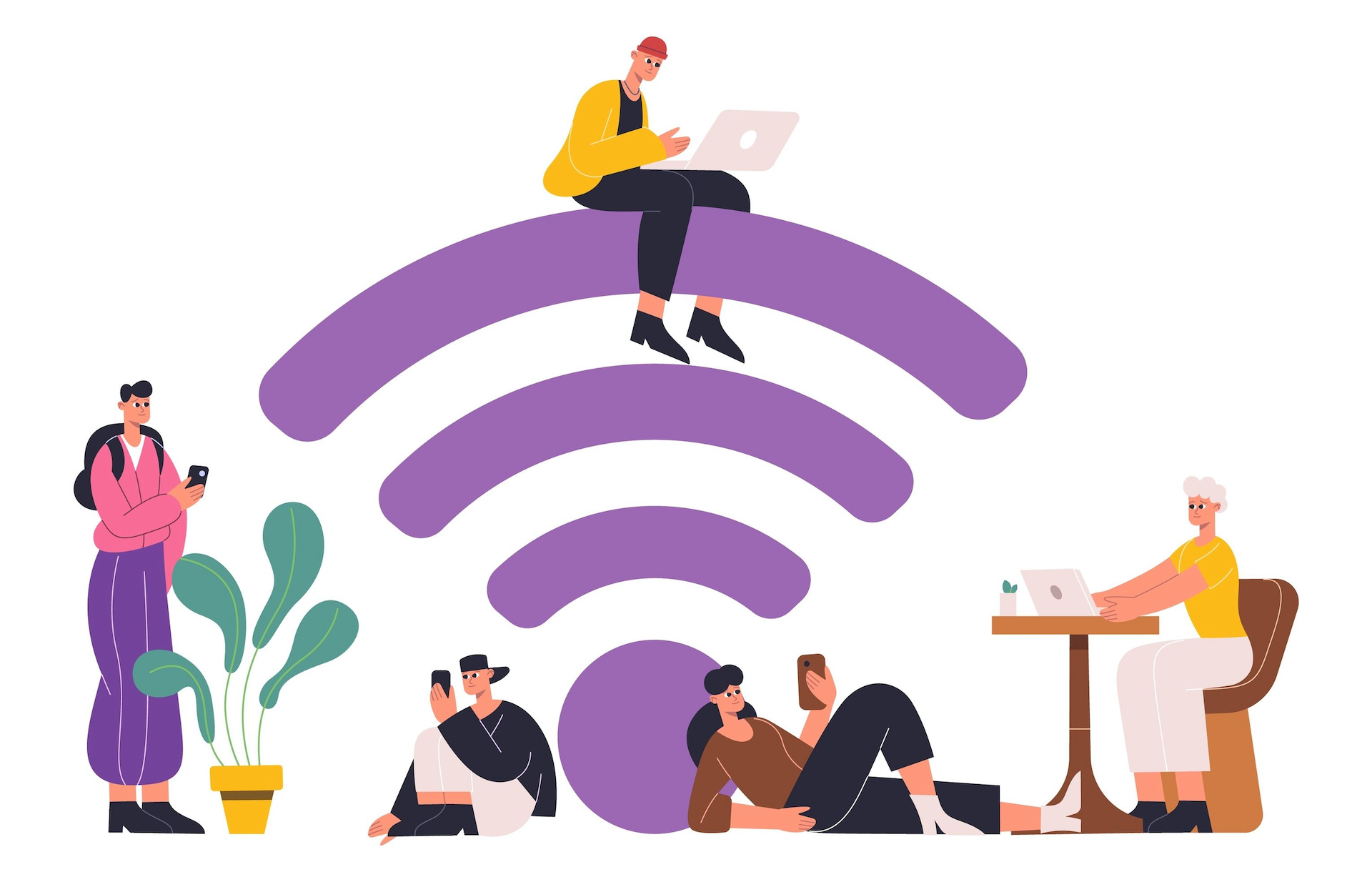How the G20 can help rescue the SDGs
With progress on the Sustainable Development Goals stalling, G20 members have the unique critical mass to turn things around
Digital is at the top of this year’s G20 agenda.
This is a welcome and necessary development in a world where only 12% of the Sustainable Development Goal targets are on track.
Behind this statistic are communities upended by pressing inequalities. That includes the 2.7 billion people who are still offline across the world.
I commend India’s decision to put digital at the heart of its G20 presidency. We are halfway through the 2030 Agenda for Sustainable Development, and I believe there is no more powerful catalyst for sustainable development.
G20 members have the critical mass to drive progress, ensuring our shared digital future is inclusive, sustainable, and safe and responsible – and to do it in this decade.
Inclusive ecosystems
It is important that efforts build on inclusive data ecosystems, especially as data-driven technologies such as generative artificial intelligence are going mainstream.
Data for development is no longer a luxury. G20 members themselves just recognised the need to harness data and digital technologies responsibly and sustainably in the G20 High Level Principles on Lifestyles for Sustainable Development.
Not only will reliable, accessible, high-quality, non-discriminatory and disaggregated data help countries set priorities and measure progress on all 17 SDGs, but it will also be instrumental in putting inclusivity at the heart of their digital development efforts.
Take SDG 5 on gender equality. If harnessed properly, data can help countries boost digital skills opportunities for women and girls. That is crucial at a time when women account for a disproportionate and growing share of the global offline population, outnumbering male non-users by 18%.
Sustainable
This year’s G20 included the International Telecommunication Union as a knowledge partner in the development and digital economy tracks, and it actively participated in the space economy track.
With nearly 40% of SDG targets relying on Earth observation and global navigation satellite systems, we need to ensure that space drives sustainable development for all in line with the United Nations’ Space2030 Agenda.
A prominent actor in regulating space resources for decades, ITU has a critical role in prioritising equitable access to spectrum and satellite orbits with the needs of developing countries in mind.
Space services will be one of many topics to be discussed at our World Radiocommunication Conference in Dubai later this year.
The fact that this conference coincides with the 28th Conference of the Parties to the UN Framework Convention on Climate Change this year is a unique opportunity to address both the impact of the tech sector on the environment and its ability to shift humanity onto the path to net zero.
Our understanding of economic prosperity and progress must reflect the real human and environmental costs of our actions within and beyond G20 members.
As AI technologies are entering our classrooms, fields, hospitals and factories, we must also ensure they are safe and responsible.
This was one of the key takeaways of the AI for Good Global Summit convened by ITU in July, where the world’s leading experts on AI discussed the urgency of implementing guardrails and global governance frameworks.
Safe and responsible
I commend the G20 for encouraging the responsible use of AI and machine learning, as well as recognising the importance of pursuing human-centred AI and promoting AI capacity and skills development.
The true potential of emerging technologies such as AI lies in their ability to empower everyone, not just the privileged few.
That is why ITU plans to add AI capacity building to our digital transformation offerings, especially to support countries with low technological capabilities.
From AI to quantum to 5G, our trusted technical standards are also helping our members and partners navigate a constantly shifting digital landscape.
The lack of trust in tech can impede universal connectivity and stifle digital economic growth.
By developing and deploying new technologies responsibly, collaboratively and inclusively, we can enhance digital trust and security among all stakeholders.
Speed and scale for people and planet
G20 members play a decisive role in this endeavour.
As UN secretary-general António Guterres just reminded us in the Special Edition of the SDG Progress Report, “no country can afford to see the 2030 Agenda fail”.
Multi-stakeholder collaboration and digital cooperation will determine its scale and, ultimately, its success.
Ahead of the G20 summit in New Delhi and the SDG Summit in New York in September, I am calling on governments and all stakeholders to secure the inclusive, sustainable, safe and responsible digital future the world needs.
Leveraging digital to rescue the SDGs is more than an opportunity. It is our joint responsibility.
Together, let us harness the transformative power of technology to make the 2030 Agenda a reality for everyone, everywhere.












